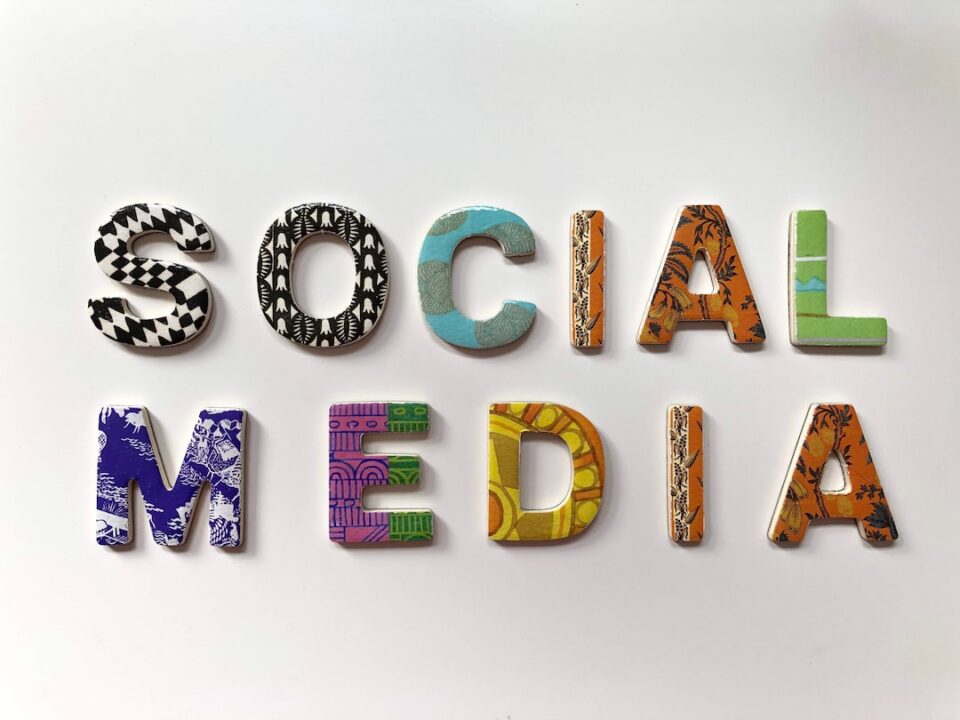Social media and activism: How online platforms facilitate social change
In the digital age, social media has become an influential tool in shaping public opinion and driving social change. Online platforms have provided individuals and communities with a platform to express their views, raise awareness about pressing issues, and mobilize support for various causes. This has resulted in a new wave of activism, leading to significant social, political, and cultural transformations worldwide.
Social media platforms such as Twitter, Facebook, and Instagram have enabled individuals to bypass traditional gatekeepers and have a direct impact on public discourse. Previously, the dissemination of information and engagement with social issues was largely controlled by the mainstream media. However, with the rise of social media, every individual can become a content creator and share their opinions on a global scale. This democratization of information has empowered marginalized voices and allowed them to challenge prevailing narratives.
One of the most significant ways in which social media facilitates social change is by promoting awareness about various issues. News travels faster than ever, and social media users can quickly share information about injustices or crises occurring around the world. This immediate dissemination of information enables individuals from different corners of the globe to show solidarity, raise awareness, and prompt action. Hashtags like #BlackLivesMatter, #MeToo, and #ClimateStrike have become rallying cries for social justice movements, galvanizing millions of people worldwide.
Furthermore, social media platforms have revolutionized the way activism is organized and mobilized. Online platforms allow individuals to connect with like-minded people, join virtual communities, and plan collective actions. For example, Facebook events and Twitter hashtags have been vital in organizing protests, rallies, and other forms of direct action. These platforms also provide a sense of belonging and support for individuals who might otherwise feel isolated in their beliefs. The ease of communication and networking provided by social media has greatly contributed to the growth and impact of various activist movements.
The accessibility of social media has also expanded the reach of activism. Previously, individuals would need significant resources and connections to convey their message to a wider audience. However, today, anyone with an internet connection and a smartphone can become an activist and amplify their voice. This has also led to increased participation from younger generations who have grown up in the digital age and are more comfortable engaging in online activism.
In conclusion, social media has emerged as a powerful tool for activism, facilitating social change on a global scale. Online platforms have enabled individuals to raise awareness, promote dialogue, and mobilize support for various causes. By bypassing traditional gatekeepers and giving a voice to marginalized communities, social media has democratized public discourse and brought attention to important social issues. While there are challenges and limitations to online activism, the positive impact it has had in advancing social change cannot be ignored. As we continue to navigate the digital landscape, it is crucial for individuals and communities to use social media as a force for positive change.

